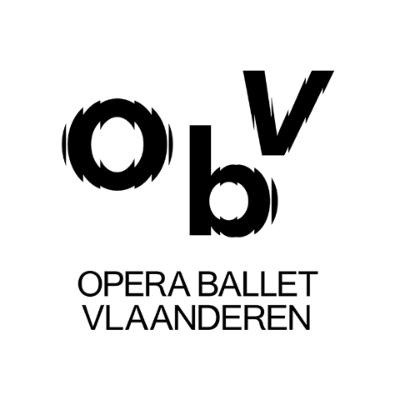| Opera Ballet Vlaanderen | ||
| Alejo Pérez | Musikalische Leitung | |
| Sidi Larbi Cherkaoui | Regie, Choreographie | |
| Marina Abramović | Bühnenbild | |
| Damien Jalet | Choreographie | |
| Koor Opera Vlaanderen | ||
| Symfonisch Orkest Opera Ballet Vlaanderen | ||
| Mari Eriksmoen | Sopran | Mélisande |
| Jacques Imbrailo | Bariton | Pelléas |
| Leigh Melrose | Bariton | Golaud |
| Matthew Best | Bassbariton | Arkel |
| Anat Edri | Sopran | Yniold |
| Susan Maclean | Sopran | Geneviève |
| Markus Suihkonen | Bass | Hirte |
In French with Dutch surtitles.
"One evening, I found her, crying at the edge of a spring, in the forest in which I was lost," writes Prince Golaud to his half-brother Pelléas in a letter. The only information that Golaud found out about the mysterious woman is that her name is Mélisande. They are married and after several months, return home to Allemonde. Very quickly an unpleasant love triangle arises between the two half-brothers and Mélisande. Pelléas is a soulmate for Mélisande. By contrast, Golaud frightens her by reacting with incomprehension and terror to her silent and inscrutable nature. Golaud's jealousy will bring the passion between the two lovers to an abrupt end.
With Pelléas et Mélisande (1902), the French composer Claude Debussy created an absolute high point in the history of opera. He composed for virtually the entire original text of the play by Maurice Maeterlinck. This Belgian winner of the Nobel Prize for literature created a symbolic universe that inspired Debussy to an evocative and highly poetic musical contemplation of human states of being.


